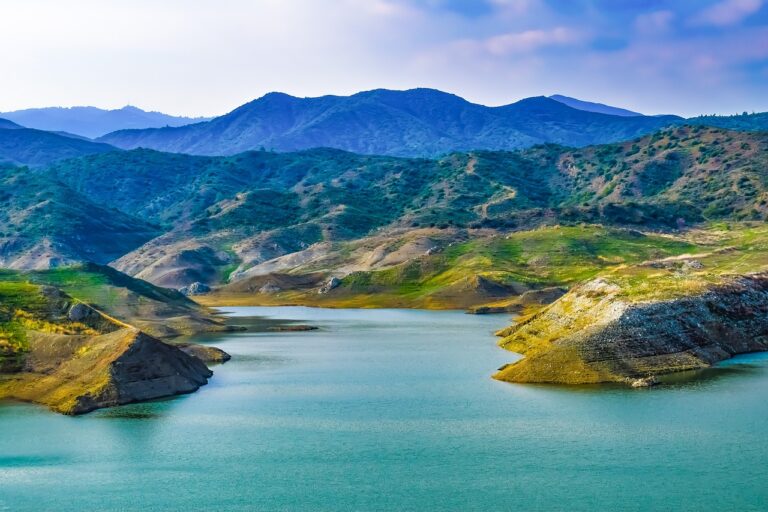Exploring the World of Sustainable Seafood Tourism: Responsible Fishing Practices and Sea-to-Table Dining
Responsible fishing practices play a crucial role in maintaining the delicate balance of marine ecosystems around the world. By prioritizing sustainable methods and adhering to regulations, fishermen can help ensure the long-term health and abundance of underwater species. This commitment to responsible fishing not only conserves marine life but also supports the livelihoods of communities that depend on these resources.
Seafood tourism offers a unique opportunity for travelers to not only indulge in delicious local cuisine but also to engage in sustainable practices that benefit the environment. By choosing restaurants and vendors that source their seafood ethically, tourists can actively contribute to the preservation of marine biodiversity. This conscious decision-making promotes a more sustainable seafood industry and fosters a greater appreciation for the importance of responsible fishing practices in safeguarding our oceans for future generations.
• Sustainable fishing practices are crucial for maintaining marine ecosystems
• Adhering to regulations helps ensure long-term health of underwater species
• Responsible fishing supports livelihoods of communities dependent on marine resources
Seafood tourism allows travelers to engage in sustainable practices while enjoying local cuisine
Choosing ethically sourced seafood contributes to preservation of marine biodiversity
Promoting a sustainable seafood industry through conscious decision-making benefits future generations
The Impact of Overfishing on Marine Ecosystems
Overfishing is a persistent issue that continues to threaten the delicate balance of marine ecosystems worldwide. The excessive harvesting of fish populations not only depletes key species but also disrupts the intricate food webs that sustain underwater life. As certain fish populations decline due to overfishing, it can lead to cascading effects throughout the ecosystem, affecting other marine organisms and ultimately compromising the health of the entire marine environment.
Furthermore, overfishing can result in detrimental impacts on non-target species and habitats. The use of destructive fishing methods, such as bottom trawling, can cause considerable damage to seafloor habitats and result in the bycatch of unwanted species. This unintentional capture of marine animals, including endangered species, further exacerbates the ecological repercussions of overfishing. As marine ecosystems struggle to cope with the pressures of overfishing, the long-term consequences extend beyond the depletion of fish stocks to encompass broader ecological imbalances.
Promoting Local Economies Through Sea-to-Table Dining
Local economies can greatly benefit from the concept of sea-to-table dining. By sourcing seafood directly from nearby waters and local fishermen, restaurants can support the livelihoods of those within their community. This not only creates a sense of connection between consumers and the food they are eating but also provides economic opportunities for small-scale fishermen and businesses in the area.
Furthermore, promoting sea-to-table dining can help reduce the carbon footprint associated with seafood consumption. By sourcing locally, restaurants can cut down on the emissions produced from transporting seafood long distances. This emphasis on sustainability not only supports the local economy but also contributes to efforts in reducing the environmental impact of the food industry.
What is sustainable seafood tourism?
Sustainable seafood tourism refers to the promotion of responsible fishing practices that ensure the long-term health of marine ecosystems and support local economies.
How does overfishing impact marine ecosystems?
Overfishing can lead to the depletion of fish populations, disrupt the balance of marine ecosystems, and threaten the survival of certain species.
How does sea-to-table dining promote local economies?
Sea-to-table dining encourages the consumption of locally sourced seafood, supporting local fishermen and businesses, and boosting the economy of coastal communities.
What can consumers do to support sustainable seafood practices?
Consumers can make informed choices by selecting seafood that is sourced responsibly, supporting restaurants and markets that prioritize sustainability, and advocating for policies that protect marine ecosystems.





